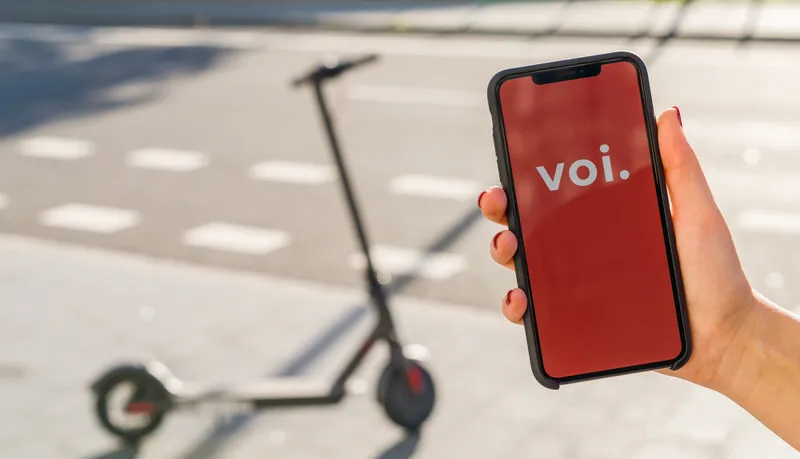Seasonal research into Britain’s drinking habits highlights that over a quarter of British adults (26 per cent) will consume more than 15 units of alcohol over Christmas, 24 to 26 December – the equivalent of 12.9 million people. This is well over the National Health Service’s recommended consumption of 9-12 units for men and 6-9 units for women over a three day period.
December 24, 2015
Read time: 2 mins
Seasonal research into Britain’s drinking habits highlights that over a quarter of British adults (26 per cent) will consume more than 15 units of alcohol over Christmas, 24 to 26 December – the equivalent of 12.9 million people. This is well over the National Health Service’s recommended consumption of 9-12 units for men and 6-9 units for women over a three day period.
The study was carried out by Steak Group on behalf of gadget insurer gadgetbuddy.com which has been reviewing the latest smartphone breathalysers. In a look at those exceeding 15 units between Christmas Eve and Boxing Day (inclusive), the North West tops the table with 31 per cent in an average year.
The lowest drinkers seem to be those in the West Midlands, where 20 per cent said they usually consume more than 15 units over the Christmas period.
Prior to and for the duration of the festive period, safety campaigns have been stepped up in a bid to reduce the number of accidents on Britain’s roads.
The results of the research suggest, of those polled, a significant number of 18-24 year olds underestimate how long it takes for an individual’s blood alcohol level to return to zero after drinking. 17 per cent, or around just under a 1 million, believed it takes five hours or less for an individual’s blood alcohol level to reach zero if they had consumed six units. In fact, it takes on average one hour for the body to break down one unit of alcohol; this can take much longer given a range of factors including gender, weight and metabolism.
Around 85 per cent of all respondents were unaware that Smartphone breathalysers, which could help a person to see if they are over the legal limit, are available to purchase online.
The study was carried out by Steak Group on behalf of gadget insurer gadgetbuddy.com which has been reviewing the latest smartphone breathalysers. In a look at those exceeding 15 units between Christmas Eve and Boxing Day (inclusive), the North West tops the table with 31 per cent in an average year.
The lowest drinkers seem to be those in the West Midlands, where 20 per cent said they usually consume more than 15 units over the Christmas period.
Prior to and for the duration of the festive period, safety campaigns have been stepped up in a bid to reduce the number of accidents on Britain’s roads.
The results of the research suggest, of those polled, a significant number of 18-24 year olds underestimate how long it takes for an individual’s blood alcohol level to return to zero after drinking. 17 per cent, or around just under a 1 million, believed it takes five hours or less for an individual’s blood alcohol level to reach zero if they had consumed six units. In fact, it takes on average one hour for the body to break down one unit of alcohol; this can take much longer given a range of factors including gender, weight and metabolism.
Around 85 per cent of all respondents were unaware that Smartphone breathalysers, which could help a person to see if they are over the legal limit, are available to purchase online.








